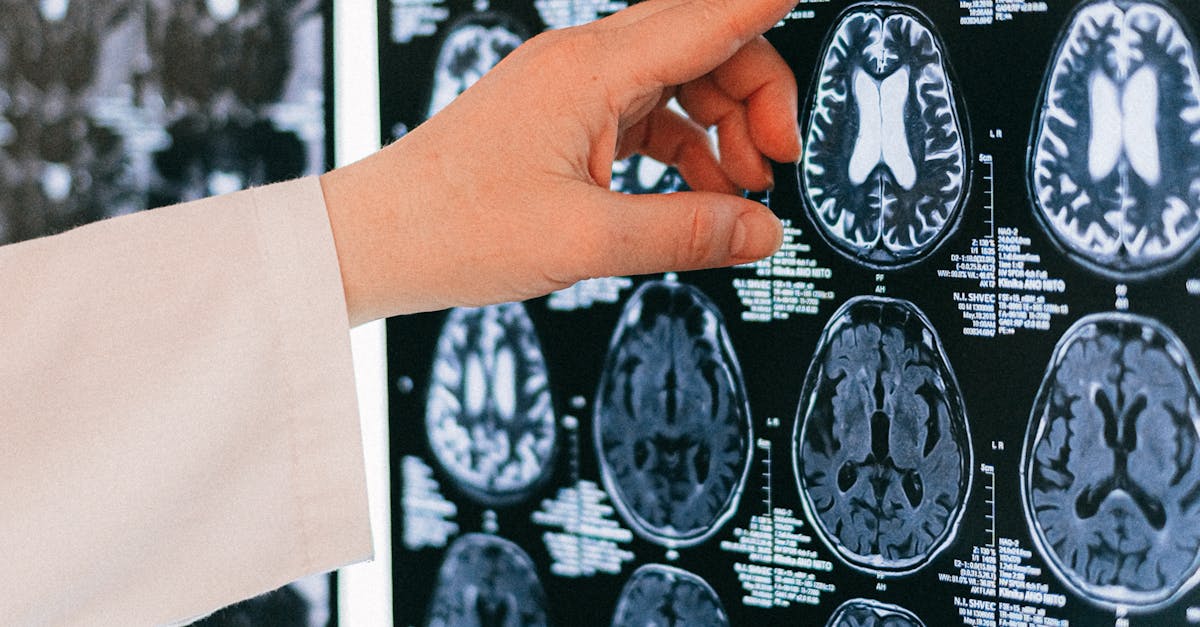Navigating the complex landscape of disability qualifications can be daunting, especially in a state like Indiana. Understanding the specific conditions that qualify for disability benefits is crucial for anyone looking to seek assistance. This article will provide a comprehensive overview of the conditions recognized in Indiana and guide you through each one.
| Condition | Description |
|---|---|
| 1. Musculoskeletal Disorders | Conditions affecting bones, joints, and muscles. |
| 2. Mental Disorders | Various mental health conditions that impair daily functioning. |
| 3. Cardiovascular Diseases | Heart-related conditions that limit physical activities. |
| 4. Respiratory Disorders | Chronic lung diseases that restrict breathing. |
| 5. Neurological Disorders | Conditions affecting the brain and nervous system. |
| 6. Autoimmune Diseases | Diseases where the immune system attacks the body. |
| 7. Vision and Hearing Impairments | Significant loss of sight or hearing ability. |
| 8. Cancer | Various types of cancer that severely impact health. |
| 9. Diabetes | A chronic condition that affects how the body processes glucose. |
| 10. Chronic Fatigue Syndrome | A debilitating condition characterized by extreme fatigue. |
Musculoskeletal Disorders
Musculoskeletal disorders encompass a wide range of conditions that affect the bones, joints, and muscles. Common examples include arthritis, back pain, and fibromyalgia. These disorders can severely limit mobility and daily activities, making it difficult for individuals to work or perform routine tasks.

Mental Disorders
Mental health conditions, such as depression, anxiety disorders, and schizophrenia, can significantly impair an individual’s ability to function in daily life. These disorders affect mood, thinking, and behavior, and may require ongoing treatment and support to manage effectively.

Cardiovascular Diseases
Conditions like coronary artery disease, heart failure, and arrhythmias fall under cardiovascular diseases. These conditions can limit physical activity, causing fatigue, shortness of breath, and other symptoms that make maintaining employment challenging.

Respiratory Disorders
Chronic respiratory conditions, including asthma, chronic obstructive pulmonary disease (COPD), and pulmonary fibrosis, can restrict airflow and make breathing difficult. These disorders often require ongoing medical treatment and can severely limit an individual’s ability to engage in physical activities.

Neurological Disorders
Neurological disorders, such as multiple sclerosis, epilepsy, and Parkinson’s disease, affect the brain and nervous system. These conditions can lead to a range of physical and cognitive impairments, significantly impacting daily living and work capabilities.

Autoimmune Diseases
Autoimmune diseases, including lupus and rheumatoid arthritis, occur when the immune system mistakenly attacks the body’s tissues. These conditions can cause chronic pain, fatigue, and other debilitating symptoms, making it difficult for individuals to maintain a regular work schedule.

Vision and Hearing Impairments
Significant vision and hearing impairments can qualify individuals for disability benefits. Conditions like macular degeneration, glaucoma, and profound hearing loss can limit a person’s ability to communicate and navigate their environment safely.

Cancer
Cancer, in its various forms, can severely impact an individual’s health and ability to work. The side effects of treatments, along with the disease itself, can lead to debilitating fatigue and other physical limitations that qualify individuals for disability support.

Diabetes
Diabetes, particularly when it leads to complications such as neuropathy or cardiovascular issues, can qualify for disability. Managing diabetes requires constant monitoring and may affect an individual’s ability to perform physically demanding jobs.

Chronic Fatigue Syndrome
Chronic fatigue syndrome (CFS) is characterized by extreme fatigue that doesn’t improve with rest. This condition can severely limit a person’s ability to engage in daily activities, making it a qualifying condition for disability benefits in Indiana.

FAQ
What is the process to apply for disability in Indiana?
The process involves submitting an application to the Social Security Administration (SSA) or the Indiana Family and Social Services Administration (FSSA). You will need to provide medical evidence supporting your claim, which can include doctor’s notes, medical records, and other documentation.
How long does it take to get approved for disability in Indiana?
The time for approval can vary significantly. On average, it may take anywhere from three to six months for an initial decision. If denied, the appeals process can take additional months to years.
Can I work while receiving disability benefits in Indiana?
Yes, you can work while receiving disability benefits, but there are limits to the amount you can earn. The SSA has specific guidelines about “Substantial Gainful Activity” (SGA) that you need to adhere to in order to maintain your benefits.
What should I do if my application for disability is denied?
If your application is denied, you can appeal the decision. It is advisable to gather additional medical evidence and consider seeking assistance from a disability attorney or advocate who can help you navigate the appeals process.
References:
– [Social Security Administration](https://www.ssa.gov)
– [Indiana Family and Social Services Administration](https://www.in.gov/fssa/)
– [Disability Benefits Overview](https://www.ssa.gov/disability/)




